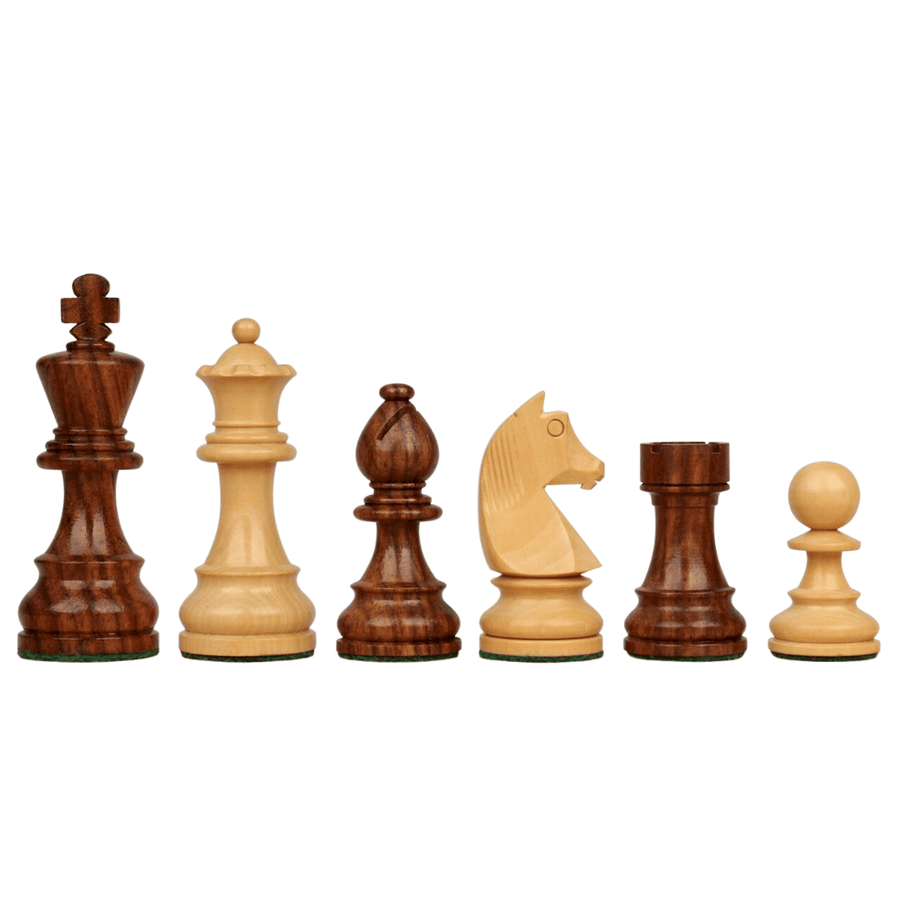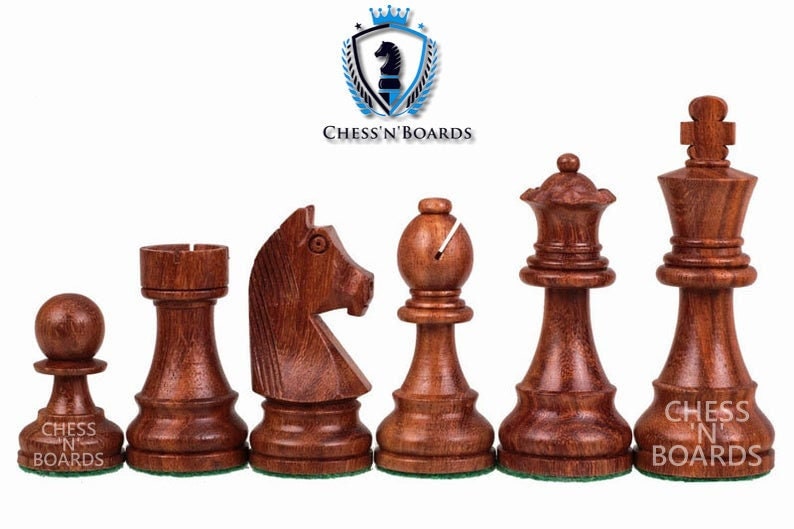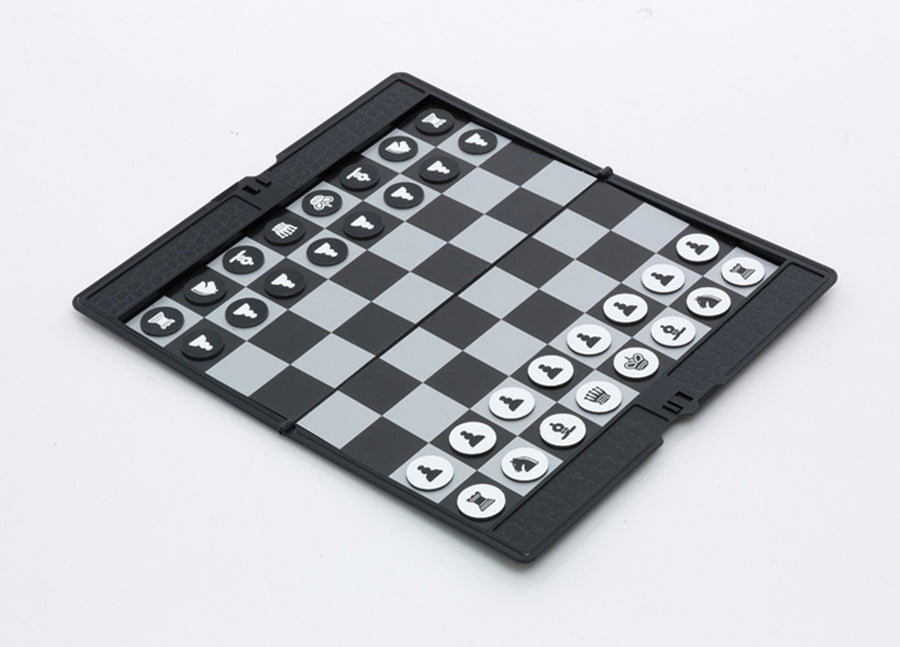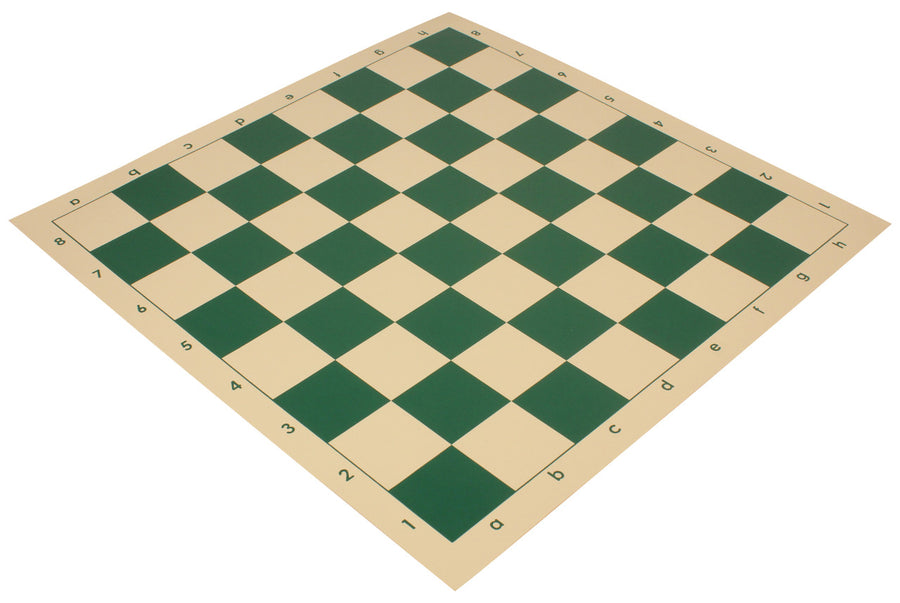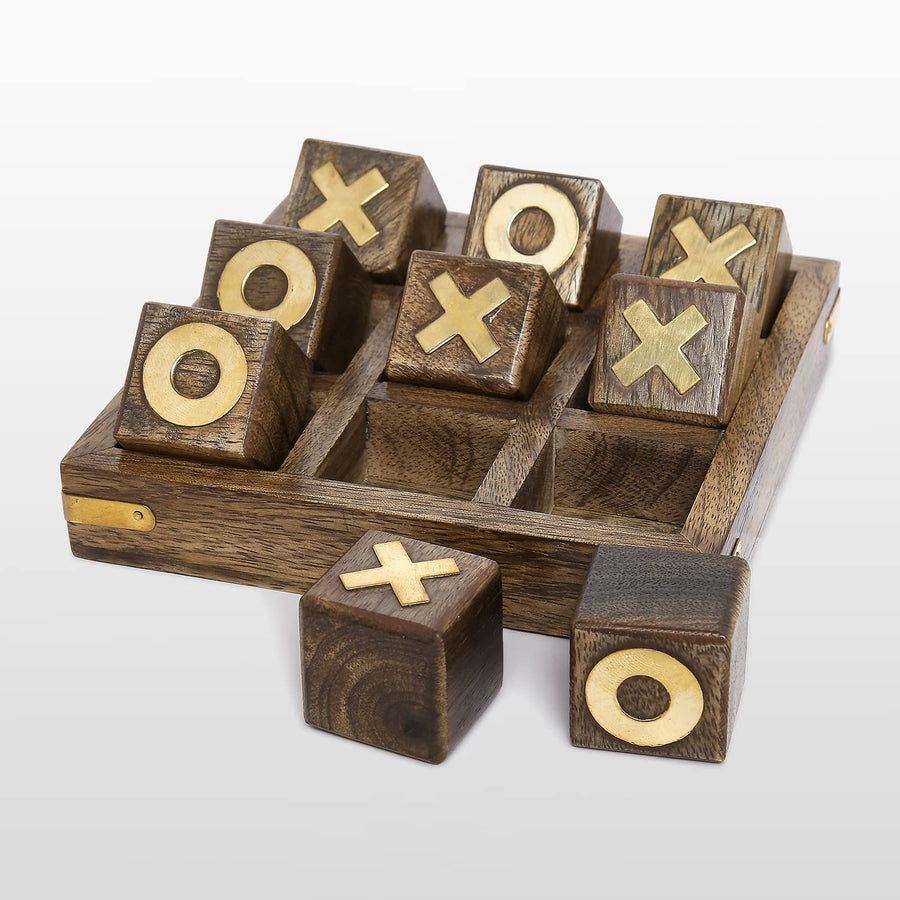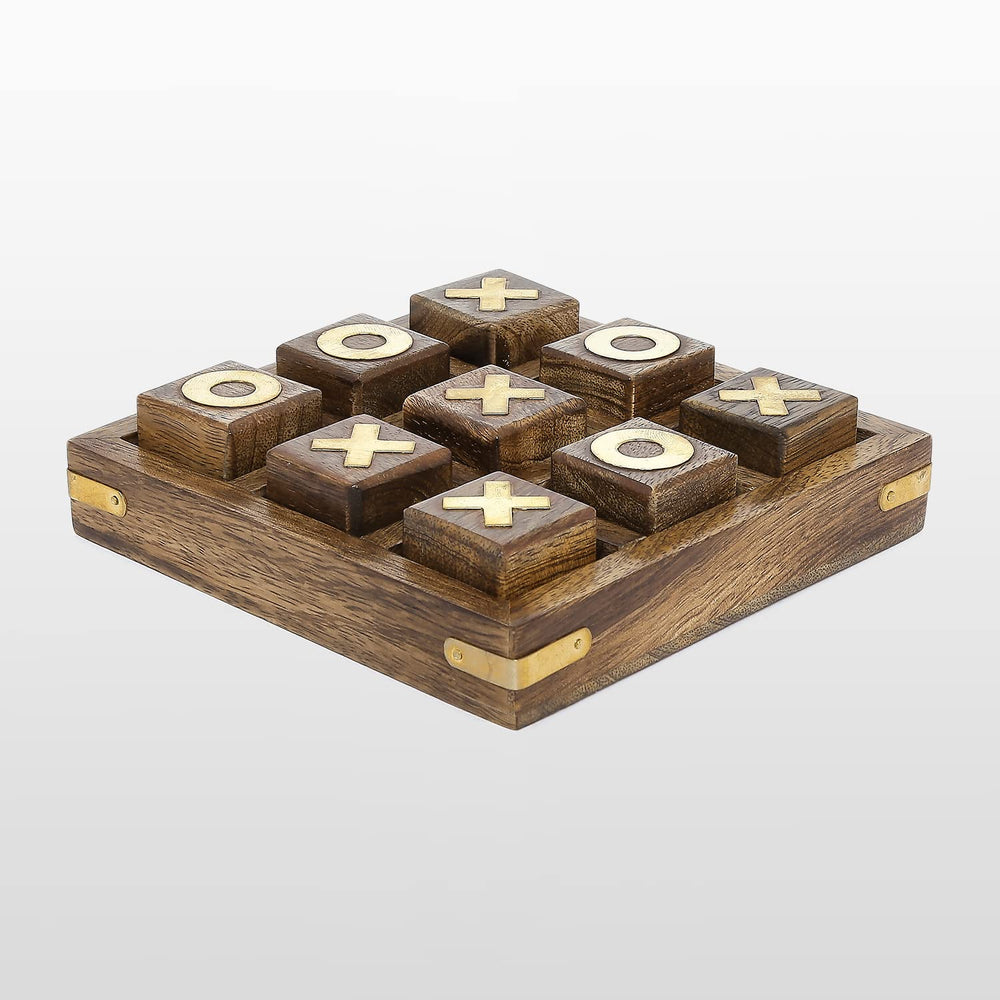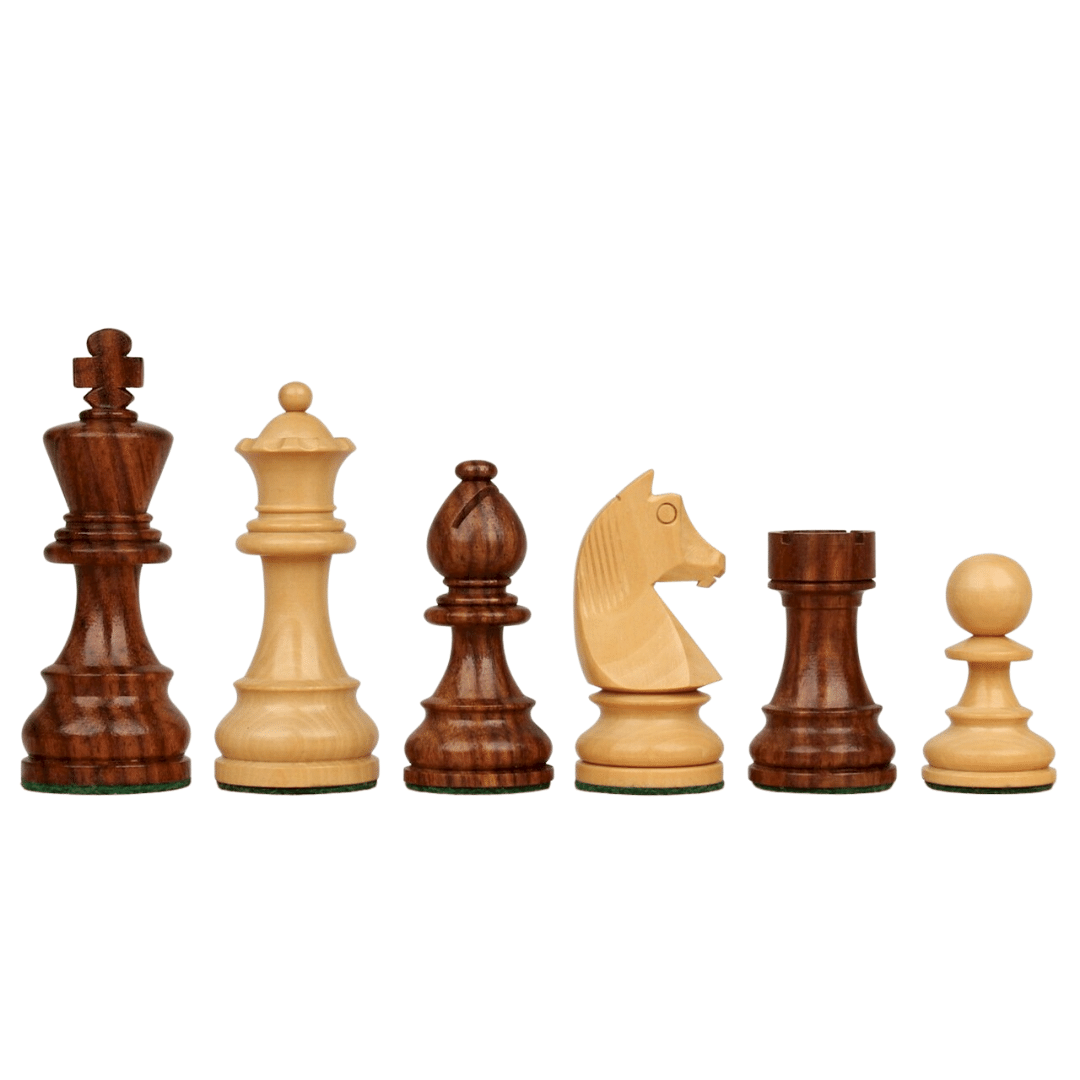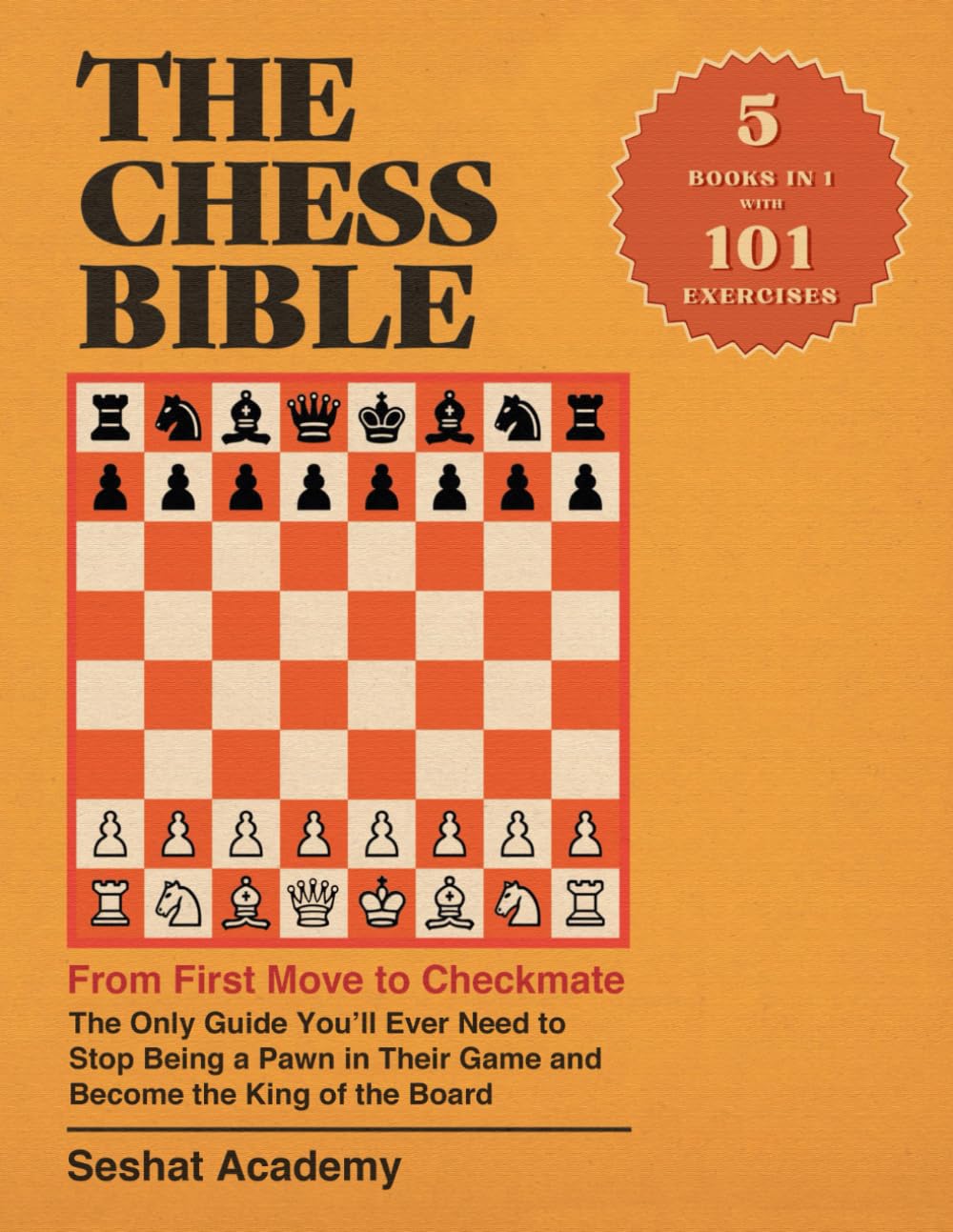How to Play Chinese Checkers
Jump Your Way to Victory: How to Play Chinese Checkers!
Gather your friends and family for a brain-teasing adventure with Chinese Checkers, a classic game that combines strategy and fun for all ages. With its simple rules and dynamic gameplay, it's the perfect way to spend quality time together while challenging your thinking skills.
At ChessnBoards We have Checkers boards made of wood and the marbles made of resin or wooden pegs.
What You'll Need:
- Chinese Checkers game board

- 60 marbles or playing pieces (10 in each of 6 colors)
Preparation
Chinese Checkers can be played by 2 to 6 players.
Setting up the board
FOR TWO PLAYERS
- If one set is used, players start in a triangle facing their opponent’s triangle.

- If two sets are used, the players set up in two triangles facing the opponent’s two triangles, or one opposing and one facing an empty triangle.


- If three sets are used, then the players set up in three opposing triangles.

FOR THREE PLAYERS
- If one set is used, players set up in a triangle, facing an empty triangle.

- If two sets are used, then each player starts with two sets of colored marbles on opposing triangles.
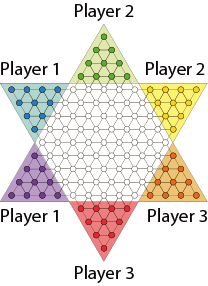
FOR FOUR PLAYERS
- In “free for all”, two opposite triangles are left empty.

- If teams are played, two teams are formed and each player is set up on the opposite triangle of their teammate.
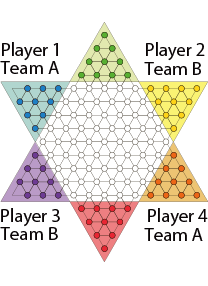
FOR SIX PLAYERS
Each player controls one triangle
- In “free for all”, each player sets up in their own triangle

- If teams are playing, three teams of two players are established. Each player is set up on the opposite triangle of their teammate.

Getting Started:
-
Choose Your Colors: Each player picks a color and places their 10 pieces in the matching colored starting triangle on the board.
-
Decide Who Starts: Roll the die, and the player with the highest roll starts the game. Play continues clockwise.
-
Making Your Move: On your turn, you can either:
- Move one piece: Slide one of your pieces to an empty adjacent space on the board.
-

- Jump over others: Hop over an adjacent piece (including your own) to land in an empty space beyond it. You can chain multiple jumps in one turn if possible, as long as there are open spaces to land.
-

-
Reaching Your Goal: Your objective is to move all your pieces across the board and into the opposite triangle, the one directly across from your starting position.
-
Winning the Game: The first player to successfully maneuver all their pieces into their target triangle wins!
Bonus Tips:
- Plan Your Jumps: Think ahead and strategize your moves to create opportunities for multiple jumps in a turn.
- Don't Block Yourself: Be mindful of your piece placements to avoid accidentally trapping yourself or blocking your own path.
- Use Your Opponents: Strategically jump over your opponent's pieces to gain an advantage and move closer to your goal.
- Have Fun! Don't take it too seriously, and enjoy the friendly competition and laughter along the way.
Making it Fun for All Ages:
- For younger players: Start with a simplified version using only the outer tracks and triangles. You can also allow them to help each other move their pieces.
- For more challenge: Play with two dice and add the numbers together for your move. This increases the speed and complexity of the game.
Chinese Checkers offers endless possibilities for strategic thinking and exciting gameplay. So gather your loved ones, set up the board, and jump your way to victory!
Additional Notes:
- You can adjust the difficulty of the game by adding additional rules or variations.
- Encourage creativity and imagination by letting players name their pieces and tell stories during the game.
- Most importantly, have fun and enjoy the time spent together!


